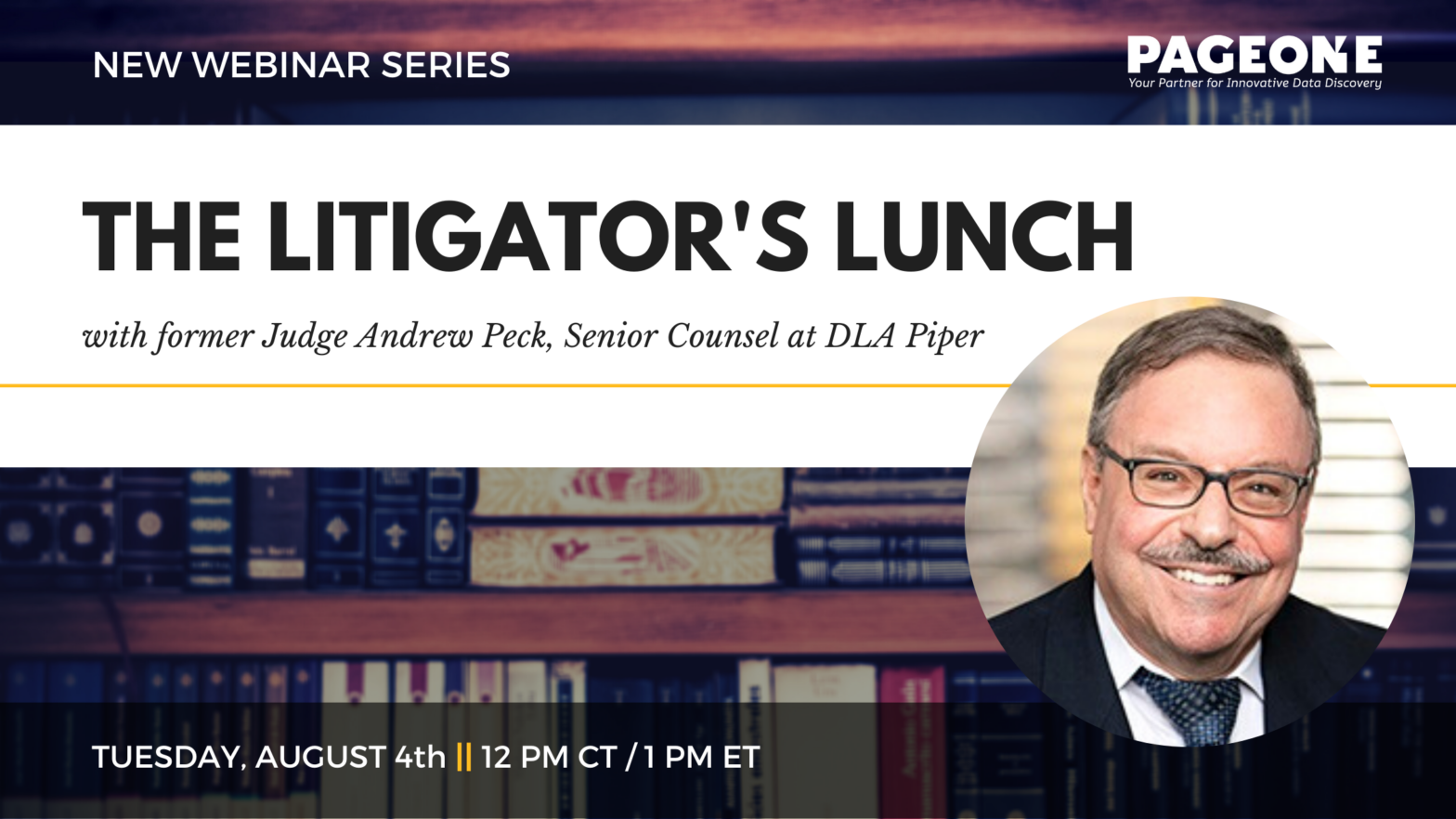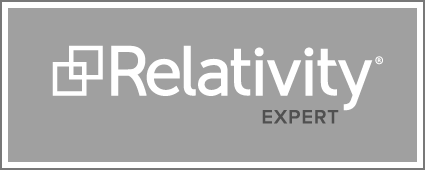We’re starting the Litigator’s Lunch with the godfather of eDiscovery, former Judge Andrew Peck, Senior Counsel at DLA Piper. He’s speaking about Federal Rule of Evidence 502(d) – limitations on waivers of attorney client and work product waivers in civil litigation. You’ll want to tune in to find what he describes as being “akin to malpractice.”
Our Guest:

Andrew J. Peck
Senior Counsel, DLA Piper, and retired US Magistrate Judge, SDNY
The Honorable Andrew J. Peck served for 23 years as a United States Magistrate Judge for the Southern District of New York, including a term as Chief Magistrate Judge from 2004 to 2005. Before his appointment to the bench, Judge Peck was in private practice for 17 years, focusing on commercial and entertainment litigation, including copyright and trademark matters, with extensive trial experience.


























